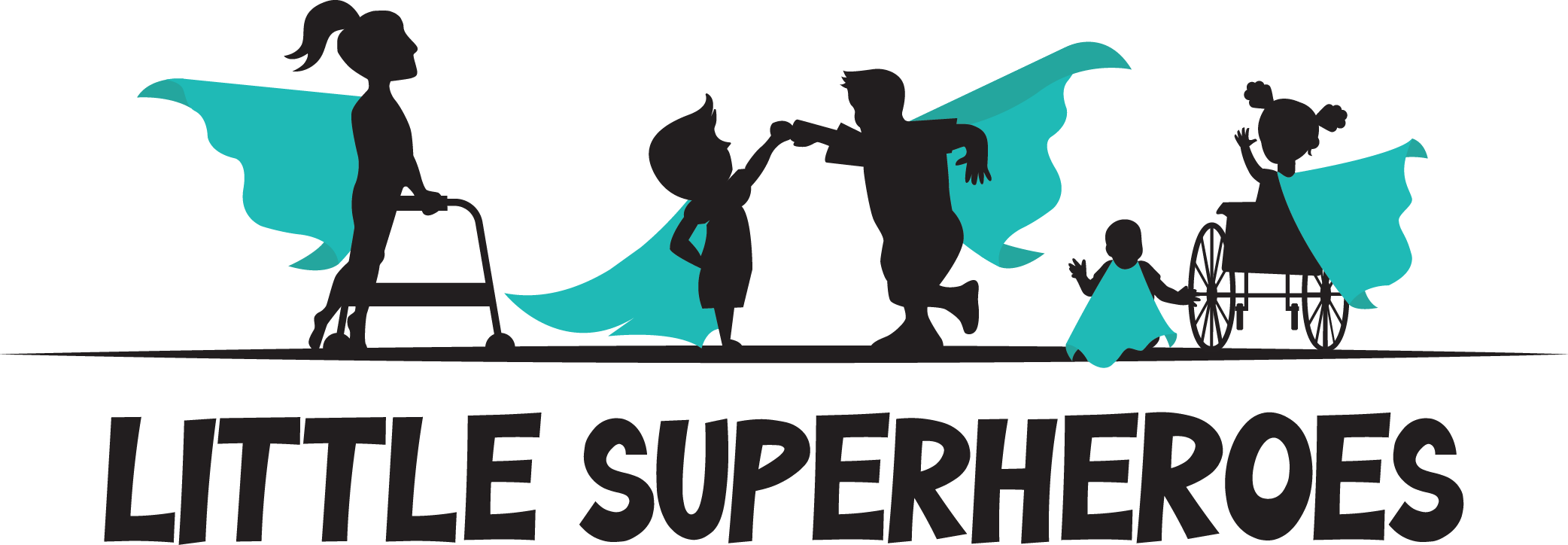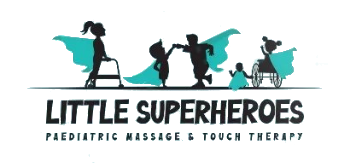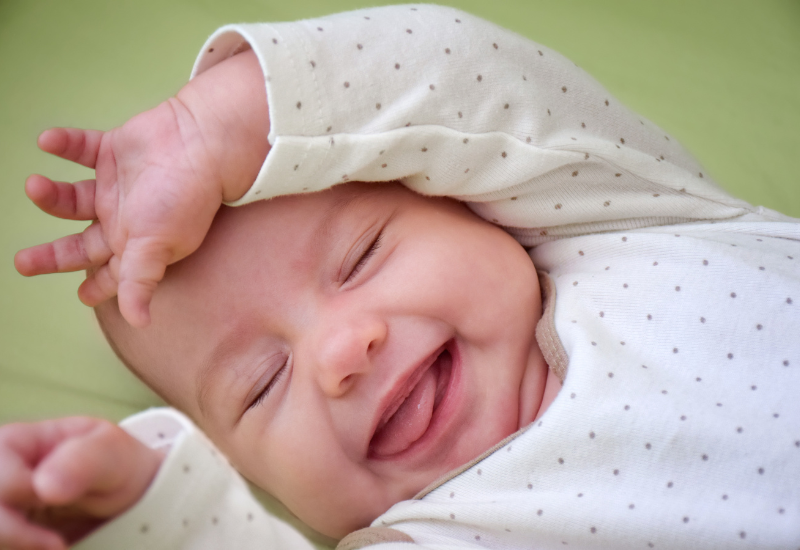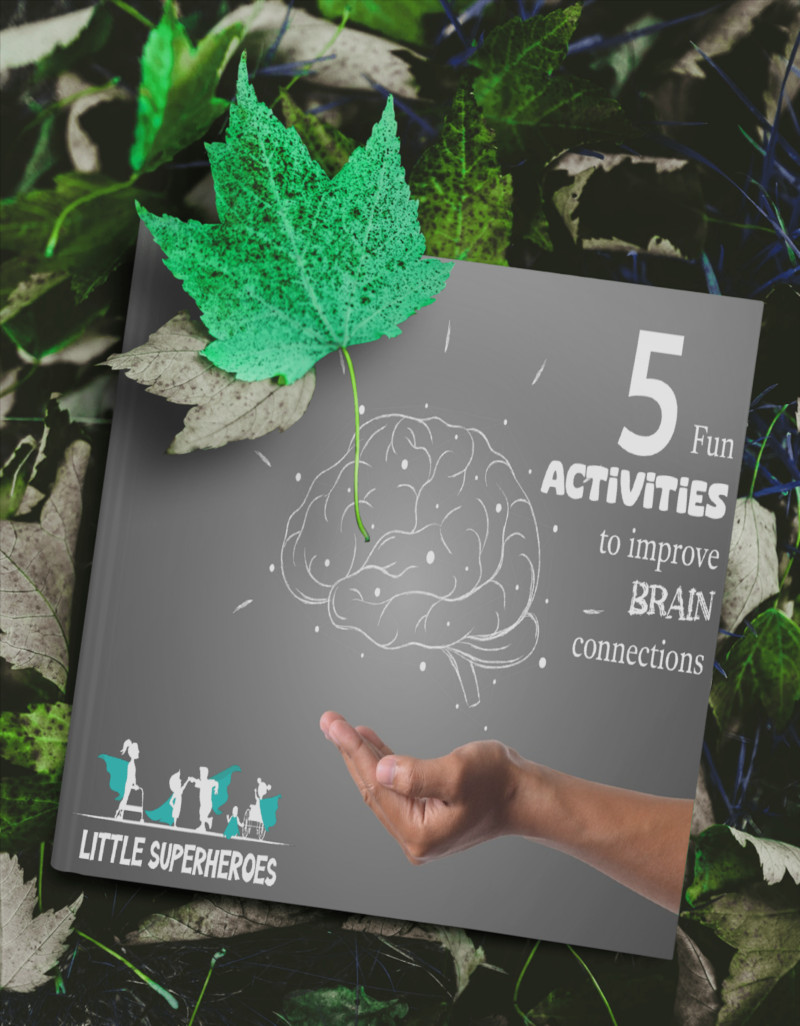Welcome back to our two-part series on primitive reflexes! In Part 1, we introduced three key reflexes—the Moro, Palmar Grasp, and Rooting reflexes—and how they impact your child’s development if they remain active beyond infancy. In Part 2, we’re covering additional primitive reflexes that may affect motor skills, learning, and behaviour in neurodivergent children and those with special needs.
Let’s explore more reflexes and offer practical solutions for reintegrating them to help your child thrive.
1. The Asymmetrical Tonic Neck Reflex (ATNR)
The ATNR, sometimes called the “fencer’s pose,” is triggered when a baby’s head turns to one side, causing the arm and leg on that side to extend, while the opposite arm and leg bend. This reflex helps develop hand-eye coordination and prepares a baby for reaching and crawling.
Signs of a Retained ATNR:
- Difficulty with hand-eye coordination, such as catching a ball or reading.
- Trouble crossing the body’s midline, impacting activities like writing or playing sports.
- Poor balance and coordination.
- Difficulty with tasks that require both sides of the body working together, such as riding a bike.
What Can Help:
- Cross-body movements: Exercises that encourage crossing the midline, such as touching opposite knees with elbows or cross-crawl exercises, can help integrate the ATNR.
- Bilateral activities: Sports like swimming or activities like crawling on all fours encourage the brain to work both sides of the body together, helping reintegrate this reflex.
2. The Spinal Galant Reflex
The Spinal Galant reflex causes a baby’s hips to move toward the side when the lower back is stroked. This reflex helps develop flexibility and assists with the birthing process, but it should integrate within the first year of life.
Signs of a Retained Spinal Galant Reflex:
- Fidgeting or restlessness, especially when sitting still.
- Bedwetting beyond the expected age.
- Sensitivity in the lower back area.
- Difficulty with focus and concentration, particularly when sitting for extended periods.
What Can Help:
- Core-strengthening exercises: Activities like crawling, rolling, and balance games can help integrate this reflex.
- Back exercises: Gentle stroking of the lower back while encouraging calm breathing can help desensitise the area and reintegrate the reflex.
3. The Tonic Labyrinthine Reflex (TLR)
The TLR affects a baby’s sense of balance and posture. It’s triggered when a baby’s head moves forward or backward, causing a reflexive curling or extending of the body. This reflex helps with muscle tone and preparing the baby for movement, such as rolling over or sitting up.
Signs of a Retained TLR:
- Poor posture or difficulty with balance.
- Clumsiness or difficulty judging distance.
- Challenges with spatial awareness, which can affect tasks like climbing stairs or riding a bike.
- Difficulty holding their head up when seated or standing for long periods.
What Can Help:
- Balance exercises: Encourage activities like walking on balance beams, hopping, or yoga poses to improve spatial awareness and balance.
- Body awareness activities: Games that involve body movement and awareness, like crawling through tunnels or rolling, can help with TLR integration.
Continuing to Support Your Child’s Development
Primitive reflexes are foundational to early development, but when they remain active beyond infancy, they can interfere with your child’s ability to learn, move, and self-regulate. In Part 2, we’ve introduced additional reflexes that may impact your child’s coordination, focus, and posture.
At Little Superheroes, we offer specialised therapies designed to reintegrate these reflexes, allowing your child to reach their full potential. If you’re concerned that your child may have retained primitive reflexes, book a session with us today and start creating a personalised plan to support their development.
Stay tuned for more resources and support from Little Superheroes as we continue to help neurodivergent children and those with special needs thrive!









